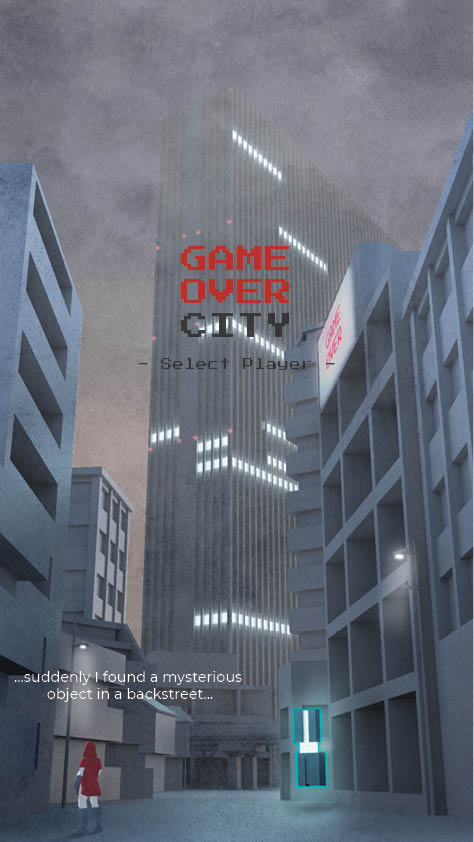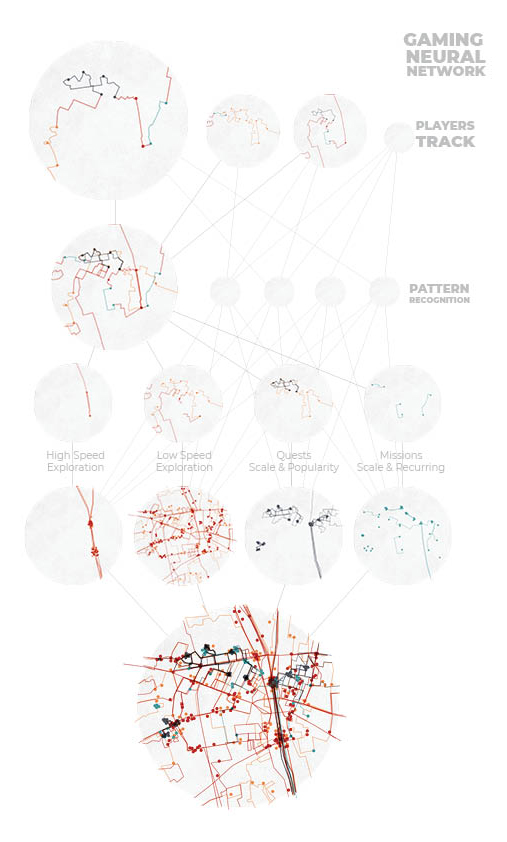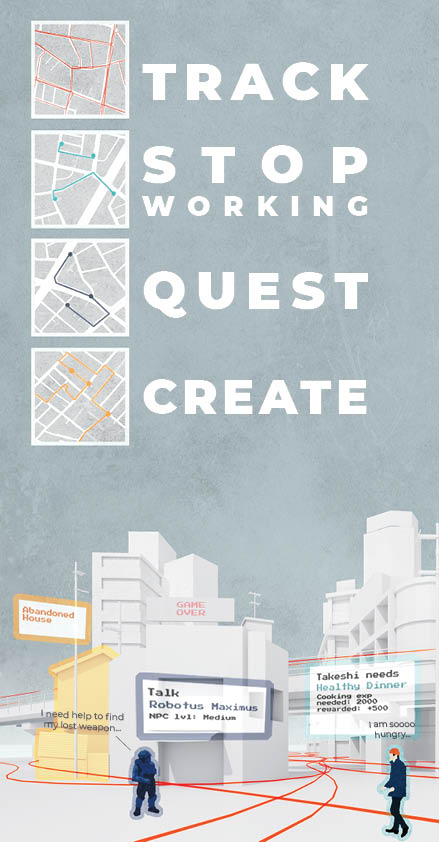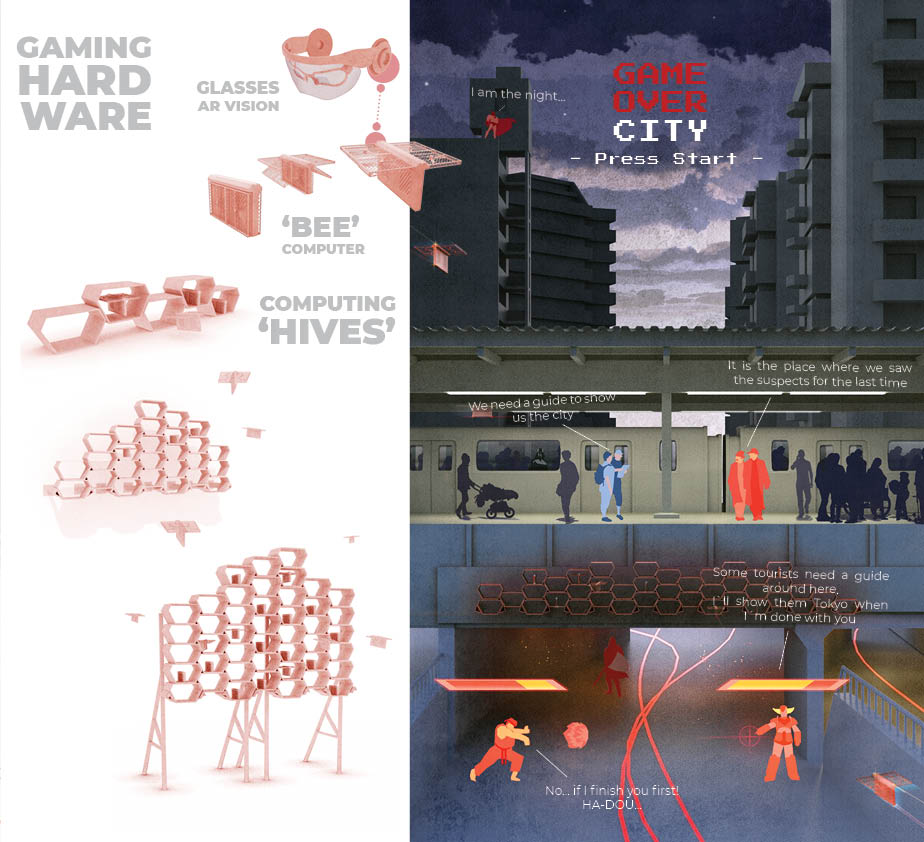


Expanding human capacity for play and enjoyment through a new urban technology.
The city of Tokyo is caught in a contradiction: it is a major developer of technology and video games, yet it has citizens with solitary lives, excessive work hours, high suicide rates, and low birth rates.
The current work system is heavily based on middle-aged Japanese men. This situation creates a dual problem: on one hand, it leads to strong exclusion from the labor market for women, the elderly, and foreigners, and on the other hand, it complicates the consolidation of traditional family units.
The dual virtue of play to address this issue is: on one hand, being inclusive, allowing men and women of different ages and backgrounds to participate equally; and on the other hand, focusing on childhood, opening doors to new forms of intergenerational entertainment-learning and new family structures better suited to the 21st-century parenting conditions.
Video games are a significant first step in the intention to artificially expand play. The growing importance of this multi-billion-dollar industry is evidence of the value and transformative potential of video games, which is still to be explored.
Game Over City turns the city into the processor and the stage of the game.
Design base ideas:
+ City operating system.
+ Computing capacity of architecture and the city: the console (processor) and the game stage is the architectural device; the city is both hardware and software.
+ Individual = transistor. Building = processor. City = computer.
+ Deep learning: layers of recognition.
+ City operating system.
+ Computing capacity of architecture and the city: the console (processor) and the game stage is the architectural device; the city is both hardware and software.
+ Individual = transistor. Building = processor. City = computer.
+ Deep learning: layers of recognition.


